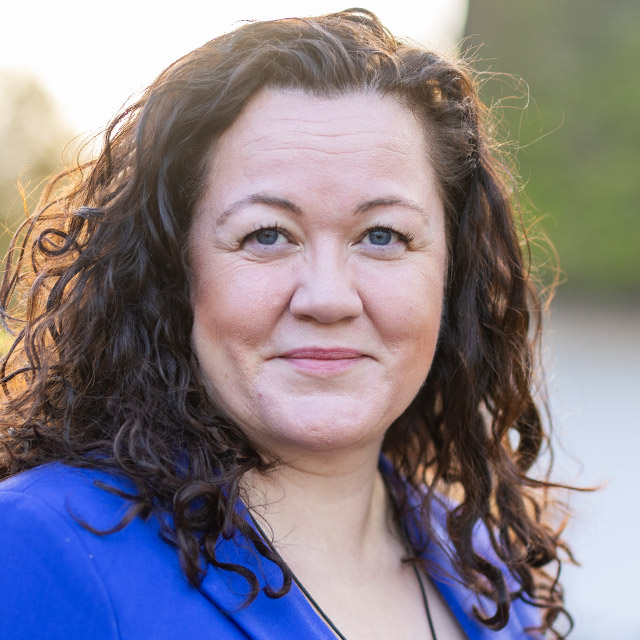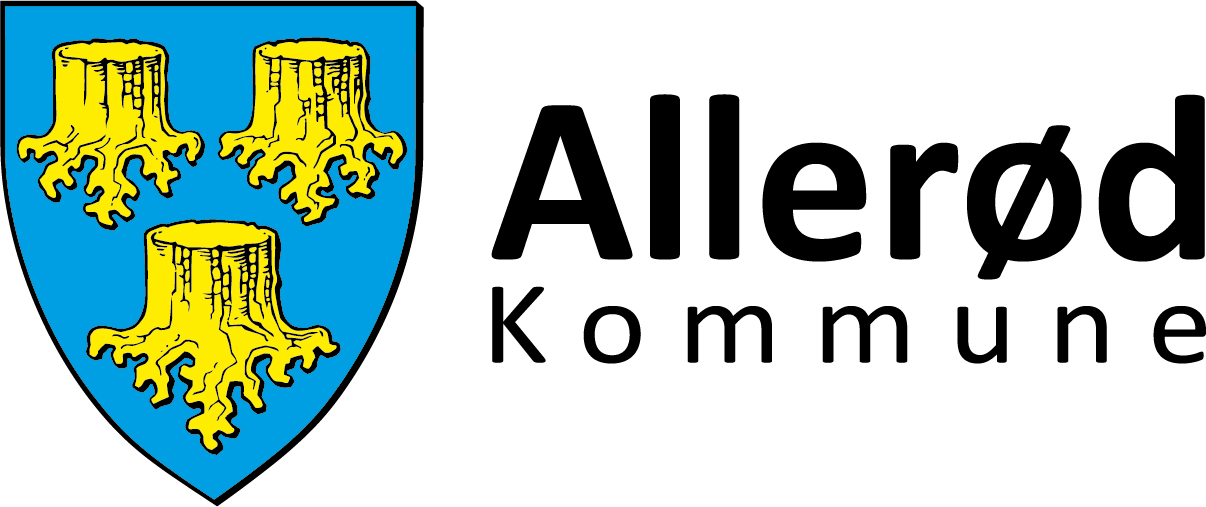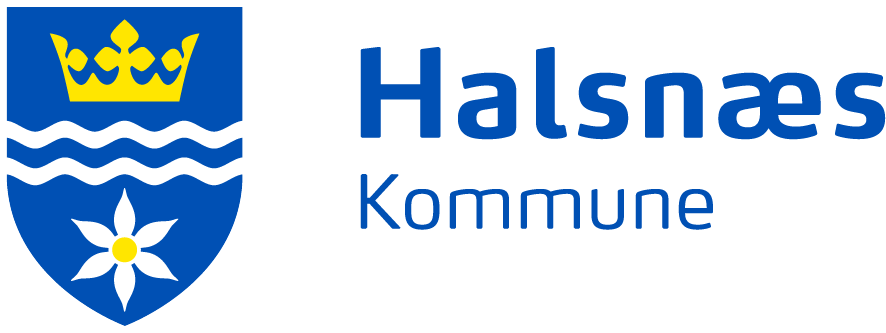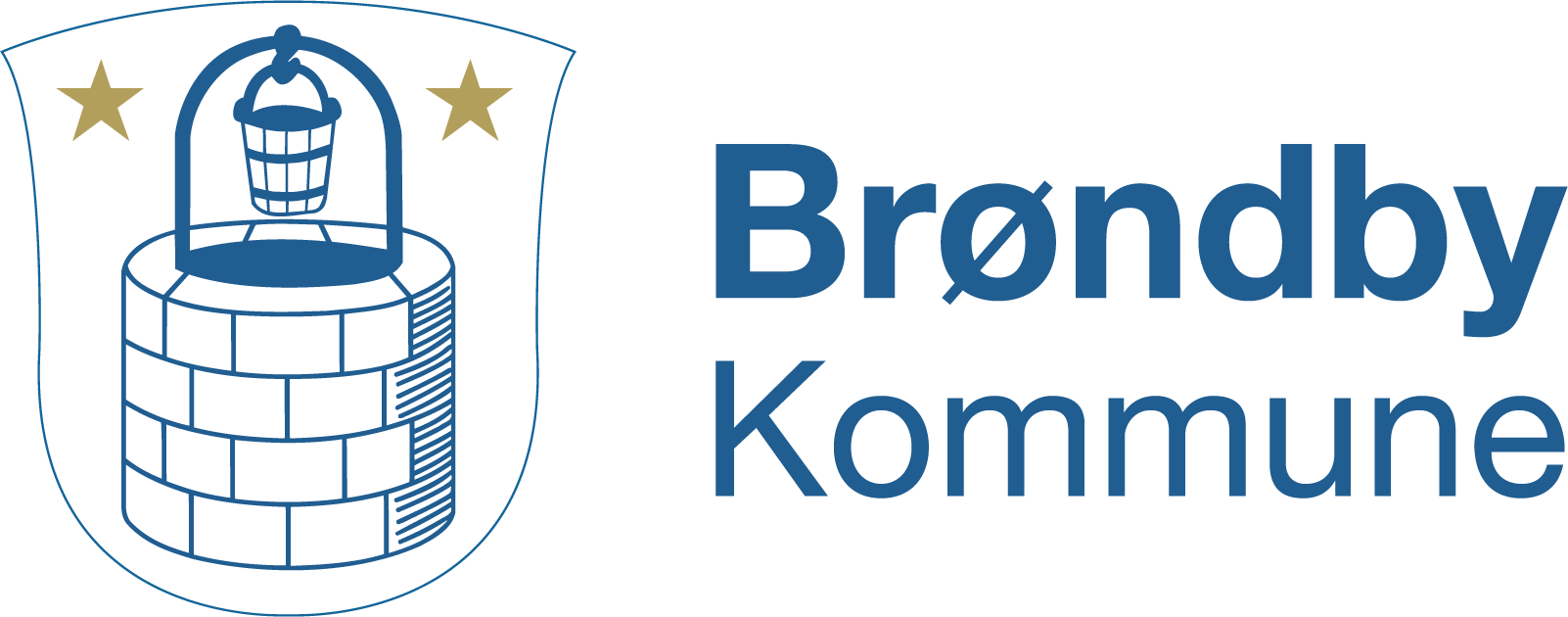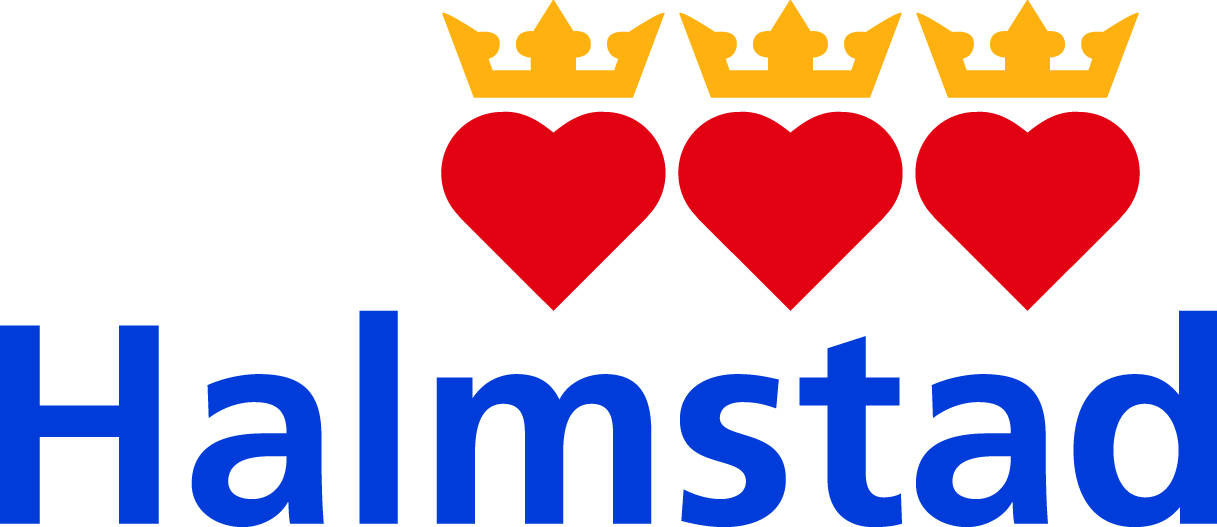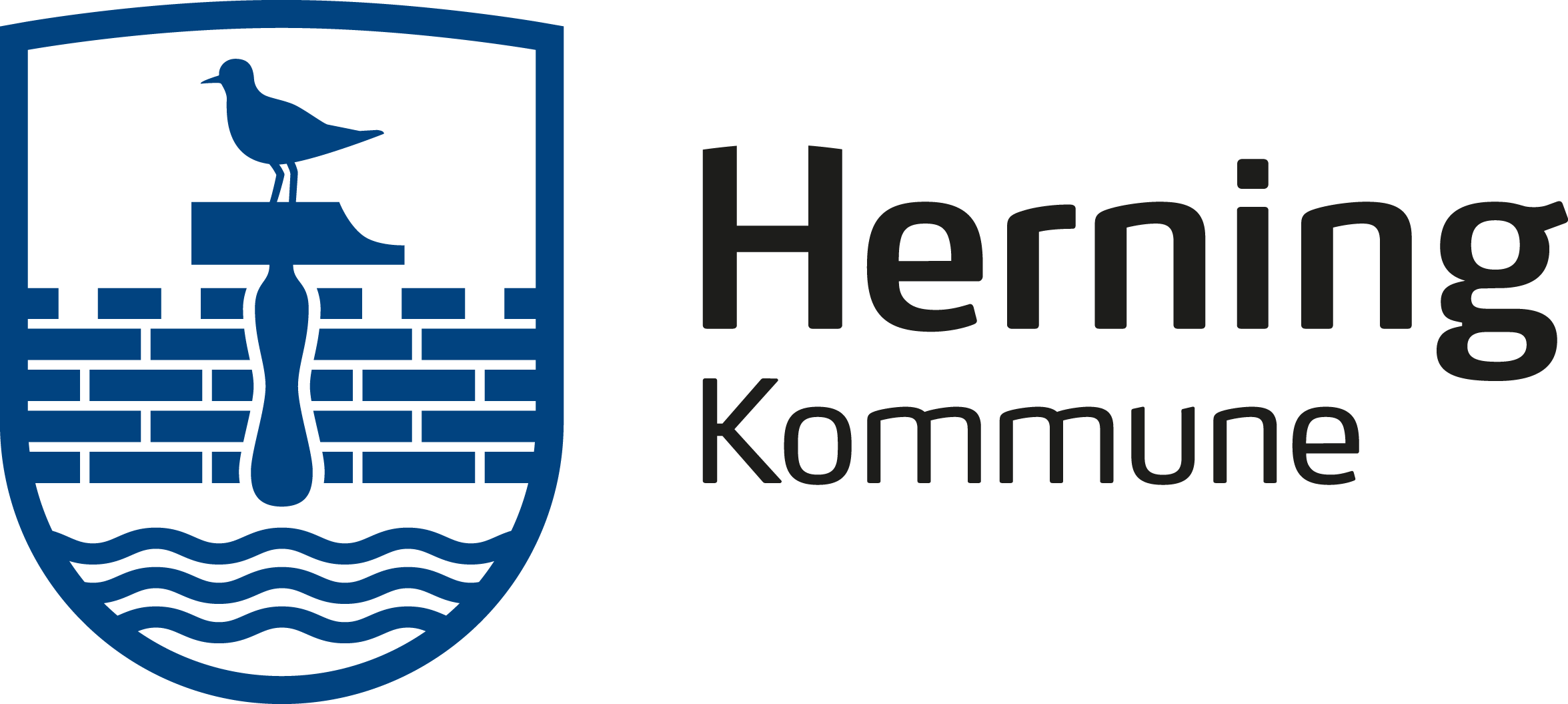
Emotional awareness is essential for effective self-management in recovery. This discussion focuses on helping members identify, understand, and express their emotions constructively. Learning to manage emotions healthily supports mental stability and reduces the risk of relapse. Mindfulness teaches individuals to stay focused on the present moment, reducing anxiety and cravings. Members learn techniques like deep breathing and guided meditation to stay grounded. Practicing mindfulness enables them to manage stress and remain centered in their recovery.
How Do Addiction Support Groups Benefit Your Recovery?

For example, you may have to apologize to loved ones you have hurt, establish clear boundaries in your relationships, and cut ties with people who still use drugs. Throughout your recovery, it’s important to be open about your feelings. Some recovery groups promote emotional openness by playing feelings charades.
Holiday Gatherings in Recovery: Navigating Triggers, Temptations, and Social Pressures

Members are encouraged to define short- and long-term goals and outline specific steps to achieve them. Setting achievable goals supports progress, builds confidence, and provides a Sobriety sense of direction. Each activity, from practicing mindfulness to setting personal goals, offers unique ways to support lasting change and emotional resilience in a group setting.
- It’s more like a marathon through a minefield of triggers and temptations.
- Members discuss ways to handle difficult feelings without relying on substances.
- Engaging as a group in the following activities can help people facing addiction focus on their mental health and well-being and grow connections with peers who share similar struggles.
- This motivation and focus on achievement as a team act as positive reinforcements, reducing the risk of relapse by redirecting energy toward purposeful pursuits.
Breaking the Ice: Trust-Building Exercises That Melt Barriers
Lock and key activities can be fun to break the ice and allow peers to connect and share their experiences. This activity helps members recognize and label their emotions, providing a foundation for healthy coping strategies. Members discuss ways to handle difficult feelings without relying on substances. If you or a loved one is looking for substance abuse treatment, you can find it today. Facing drug addiction or alcohol abuse can be an isolating experience, which is one of many reasons why treatment providers use group therapy and peer support in their programs.
Not all treatment programs can offer this but the concept is often modified to accommodate city and other settings. Educational group therapy is something that should be in every addiction treatment setting. This involves educating individuals about drugs, withdrawal, drug treatment, and their available options.
- Social workers play a prominent role in any given substance abuse treatment centre, along with other multidisciplinary team members.
- Dance and movement therapy is an experiential therapy activity that allows participants to express feelings through physical movement.
- Some recovery groups promote emotional openness by playing feelings charades.
- As the therapist, you may choose to kick off the session by asking members to share a story.
Supports Healthier Relationships
- Spirituality can provide a sense of purpose and inner peace in recovery for those interested.
- Members learn techniques like deep breathing and guided meditation to stay grounded.
- Activities like trust fall or group problem-solving tasks might sound simple, but they’re incredibly meaningful.
- We are dedicated to transforming the despair of addiction into a purposeful life of confidence, self-respect and happiness.
Many addicts do not know the basics of nutrition, meal planning, and how to eat healthy. Group cooking activities can be meal planning, cooking, baking, or shopping exercising. Cooking works well as a group activity because of the https://ecosoberhouse.com/ reward at the end of the session. Most people enjoy eating what they made as well as the sense of accomplishment that they receive.
Promoting Peer Feedback and Support

The key is to maintain a spirit of openness and flexibility, always ready to adapt and innovate. Ask your clients to share what their tombstone would say if they were to die today. Pass out pre-printed outlines of a tombstone and addiction group activities ask your clients to think about this exercise seriously. CARF International accreditation demonstrates a program’s quality, transparency, and commitment to the satisfaction of the persons served. CARF International is an independent, nonprofit accreditor of health and human services.

Role playing activities are an excellent form of training for dealing with situations in society that an addict may come across. You can rehearse the things that might make you relapse or situations that you have to deal with and get the opinions of others. Uplift Recovery Center provides you with recovery in a loving, professional environment. Treatment centers use group interventions to help people recover from opioid addiction, alcohol use disorder (AUD), and other SUDs.

